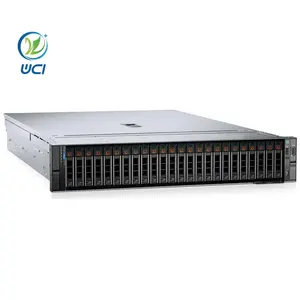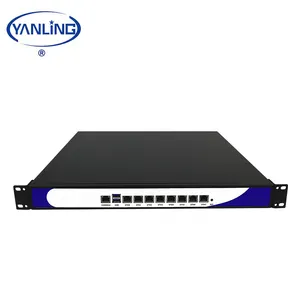
Hot Selling New HPE Servers DL360 DL380 DL560 580 G10 G10plus G11 2u 4u Rack Server P19720-B21 P05172-B21 DL 380 DL 560


Poweredge R760 Sql Server Cloud Dns Internet Cafe Providers Arm Server Computer Console Socks5 Proxy Dell Emc Server























A DNS server is an essential component of modern networking, translating human-friendly domain names into IP addresses that computers use to identify each other on the network. The Domain Name System (DNS) is akin to a phonebook for the internet, ensuring users can access websites using easy-to-remember domain names rather than complex numerical IP addresses.
There are various types of DNS servers, each serving a unique purpose. Google DNS servers are popular for their speed and reliability, providing users with quick and consistent internet access. On the other hand, dynamic name servers offer a more flexible approach to managing domain names with frequently changing IP addresses. For those concerned with privacy and security, private servers are tailored to handle sensitive data, ensuring secure transactions and communications.
DNS servers are not just about translating domain names; they also play a crucial role in email delivery through MX lookup processes. This ensures that emails reach their intended destination without any hitches. Moreover, for troubleshooting purposes, tools like nslookup are invaluable, allowing users to query the DNS to find out various records and troubleshoot domain-related issues.
Efficient DNS management, facilitated by good DNS servers, ensures minimal downtime and optimal network performance. This is critical for businesses where any delay can lead to significant losses. Furthermore, recommended DNS servers often come with enhanced security features to protect against phishing attacks and to ensure the integrity of the data being accessed.
The backbone of a reliable DNS service is the technology it employs. Servers that utilize solid-state drives (SSDs) offer faster access times compared to traditional hard disk drives (HDDs), which is crucial for high-speed DNS lookups. Additionally, modern DNS servers are equipped with advanced connectivity options like high-end ports to support faster data transfer rates.
Selecting the right DNS server, whether it's for a dns network or individual use, involves considering factors such as speed, security, and reliability. Google public DNS servers are often a go-to choice for those looking for a balance between speed and security. When browsing through options, it's important to consider the specific needs of your network to ensure seamless internet usage.